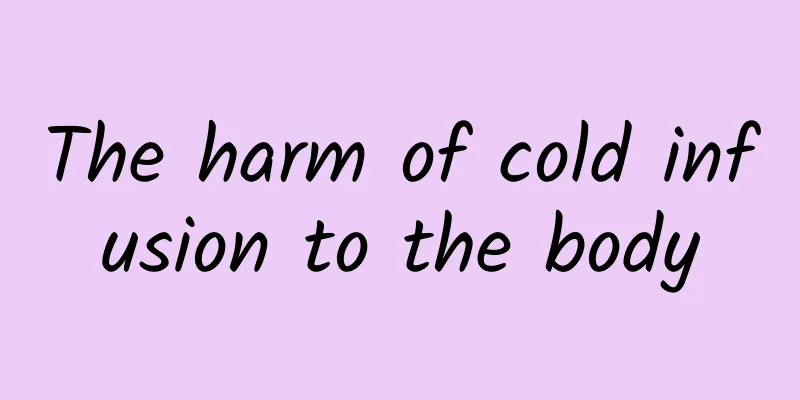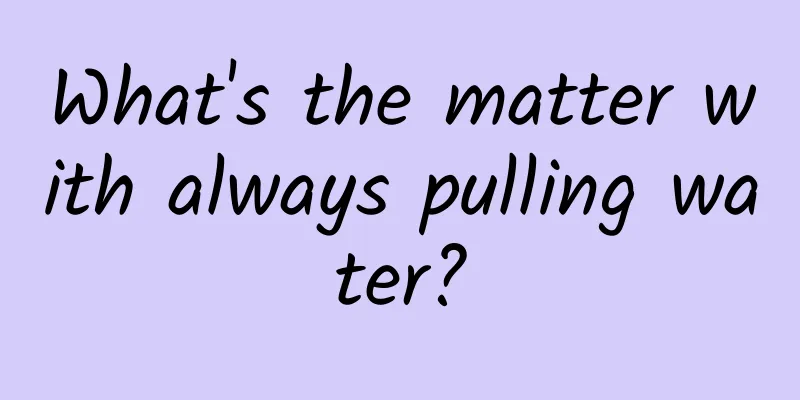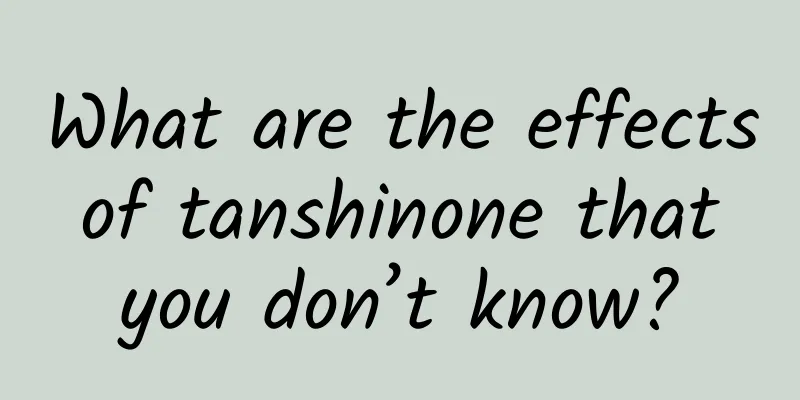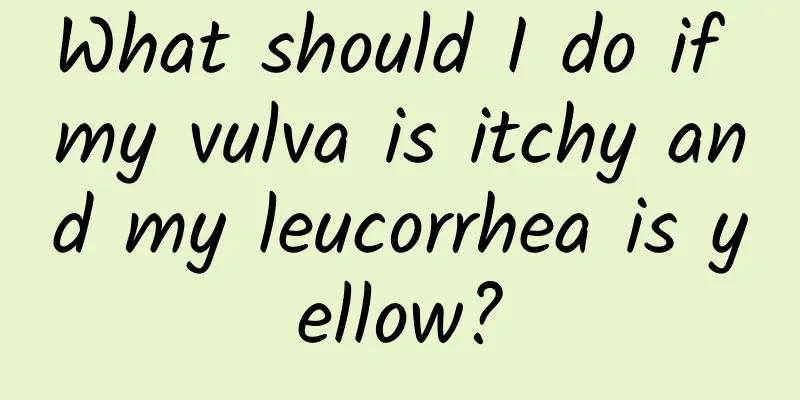Is it good to take a hot spring bath when you have a cold?

|
Some people like to take a hot spring bath after catching a cold. If the cold is not particularly serious, soaking in a hot spring does have a good auxiliary therapeutic effect and helps speed up the recovery of the cold. Because the water temperature of the hot spring is relatively high, it can promote the body's metabolism and promote inflammatory metabolism. It can play a good role. However, if the cold is more serious, it is best not to take a hot spring bath, as it can easily accelerate the decline of physical fitness and even cause fainting. Is it good to take a hot spring bath when you have a cold? 1. You can take a hot spring bath if you have a cold but no fever. If it is a mild cold in the early stages, not too serious, with only nasal congestion, runny nose, etc., without systemic symptoms such as fever, then soaking in hot springs is theoretically okay at this time. It can also relieve symptoms, have a certain auxiliary therapeutic effect, and speed up recovery from the cold. The high temperature of hot spring water can promote the body's metabolism, dispel cold and detoxify. Of course, the premise is to keep warm and avoid being exposed to the wind again. However, many hot springs are open-air, and the temperature difference when entering and exiting the hot spring is large. Even healthy elderly people cannot adapt well to the large temperature difference due to decreased body function, which can easily cause unstable blood pressure and blood sugar. Therefore, they should do what they can. 2. If you have a severe cold and fever, you cannot take a hot spring bath.If the cold symptoms are severe, such as fever, cough, sore throat, runny nose, sneezing, accompanied by general fatigue, loss of appetite, muscle aches, and even diarrhea, the body's resistance will decrease and the rise in body temperature will cause water loss in the body. If you take a hot spring bath at this time, the surrounding temperature is high, and the water vapor in the hot spring can further lead to water loss in the body. Severe cases can cause dehydration, aggravated symptoms such as dizziness, hypoxia, and coughing, and even adverse reactions such as difficulty breathing, as well as hypoglycemia and fainting. 3. Do not soak in hot springs after taking cold medicineIt is even more inadvisable for cold patients to take a hot spring bath after taking medicine because the accelerated blood circulation will put the patients at risk. |
<<: What medicine should I take for damp-heat cold?
>>: What to do if you catch a cold on the plateau
Recommend
What fruits are good for thyroiditis?
Thyroiditis is a disease that is relatively diffi...
My child's right neck hurts yesterday
Neck pain in adults is mostly caused by maintaini...
How to check for pharyngitis? Common methods for checking for pharyngitis
Pharyngitis is a common disease, which is mostly ...
Complete Collection of Chinese Patent Medicines for Nourishing Kidney and Strengthening Yang
No matter what kind of aphrodisiac it is, it will...
High-grade squamous intraepithelial lesion on cervical biopsy
The uterus is the place where women conceive and ...
What are the sequelae of cerebral hemorrhage?
If cerebral hemorrhage is not effectively treated...
Can anal sphincter relaxation be cured?
Anal sphincter relaxation sounds complicated, but...
How should you drink Astragalus soaked in water?
Astragalus, also known as Northern Astragalus, is...
Ophiopogonis Decoction original recipe
"For those with fire reversal, shortness of ...
Can I drink soy milk if I have hypothyroidism?
Hypothyroidism is a common disease in daily life....
What to do if your face is swollen?
The face is the most important part of the human ...
Nine out of ten people suffer from stomach problems. The most comprehensive methods to nourish the stomach are here!
Nowadays, many people suffer from stomach problem...
What to do if hemorrhoids itch? There are ways to relieve itching
Hemorrhoids are a very common disease. The sympto...
Does cervical mucus mean that I am about to give birth?
A woman's cervix will undergo significant cha...
What to do if only the root of the tooth is left after tooth decay
Tooth decay is a disease that people often encoun...









